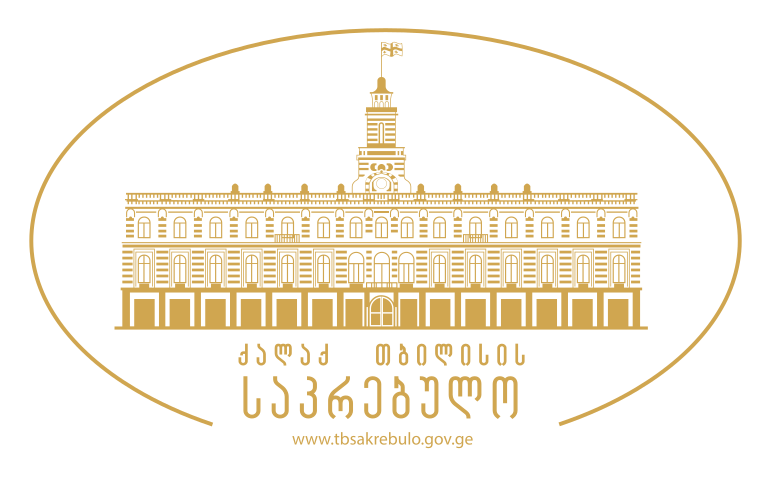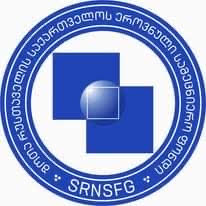050 – How Can Literature Change the Geography? European Globality and Georgian Locality in the 19th and 20th Centuries
Organized by: Ilia State University. Prof. Bela Tsipuria
English, Georgian
The double session will discuss the role of literature in forming or transforming the modes of nations’ self-acceptance in the 19th and 20th centuries: how literature can influence the cultural and even political choices of large social groups and whole nations; and how these choices can affect the changes in local and global, national and supranational realities.
The papers will show, if/how literature can shape the cultural geography and motivate changes in a nation’s political geography; and, if the country is on the cultural, political, or geographical crossroads, literature can raise national aspirations towards redefining own status, relocating a nation on the cultural and/or political map. The session may propose that literature can inspire nation’s renewed self-acceptance and sense of belonging to the global world, instead of being isolated – forcibly or willingly - within own locality.
The history of the 19th-20th centuries has its various faces; it’s the history of empires, nation-states, regimes, globalization. The papers can discuss the sometimes supportive, sometimes controversial or politically manipulated roles of writers, literary critics, literary texts, publications, cultural interactions within various cultural, societal or political situations.
Georgian and international scholars will address the issues which are topical at the congress: cultural paradigms of East and West, literatures of small nations; colonial and postcolonial experiences; the world after the Cold War. While these issues reflect the history and memory of many big and small nations, they can be easily - but not necessarily - illustrated also through the Georgian experience. Some papers may address the European globality and how the literatures/societies of small nations are seen from this central perspective; while some papers can show how the wider picture of the European integrity is seen from local perspectives.
The Project was supported by Shota Rustaveli National Science Foundation of Georgia (SRNSFG) [grant number MG-ISE-22-170]

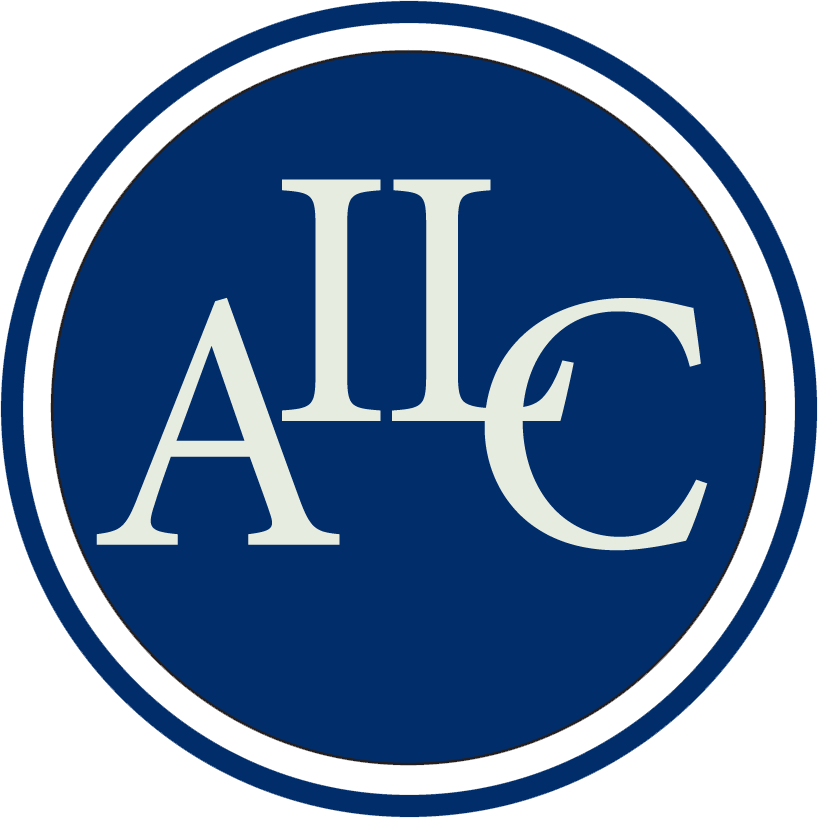
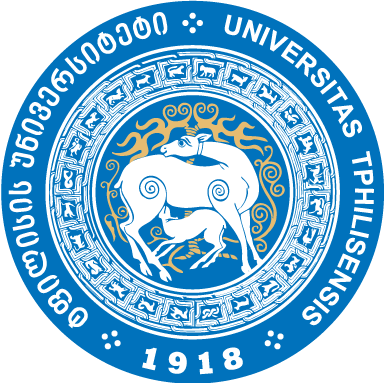

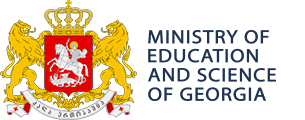
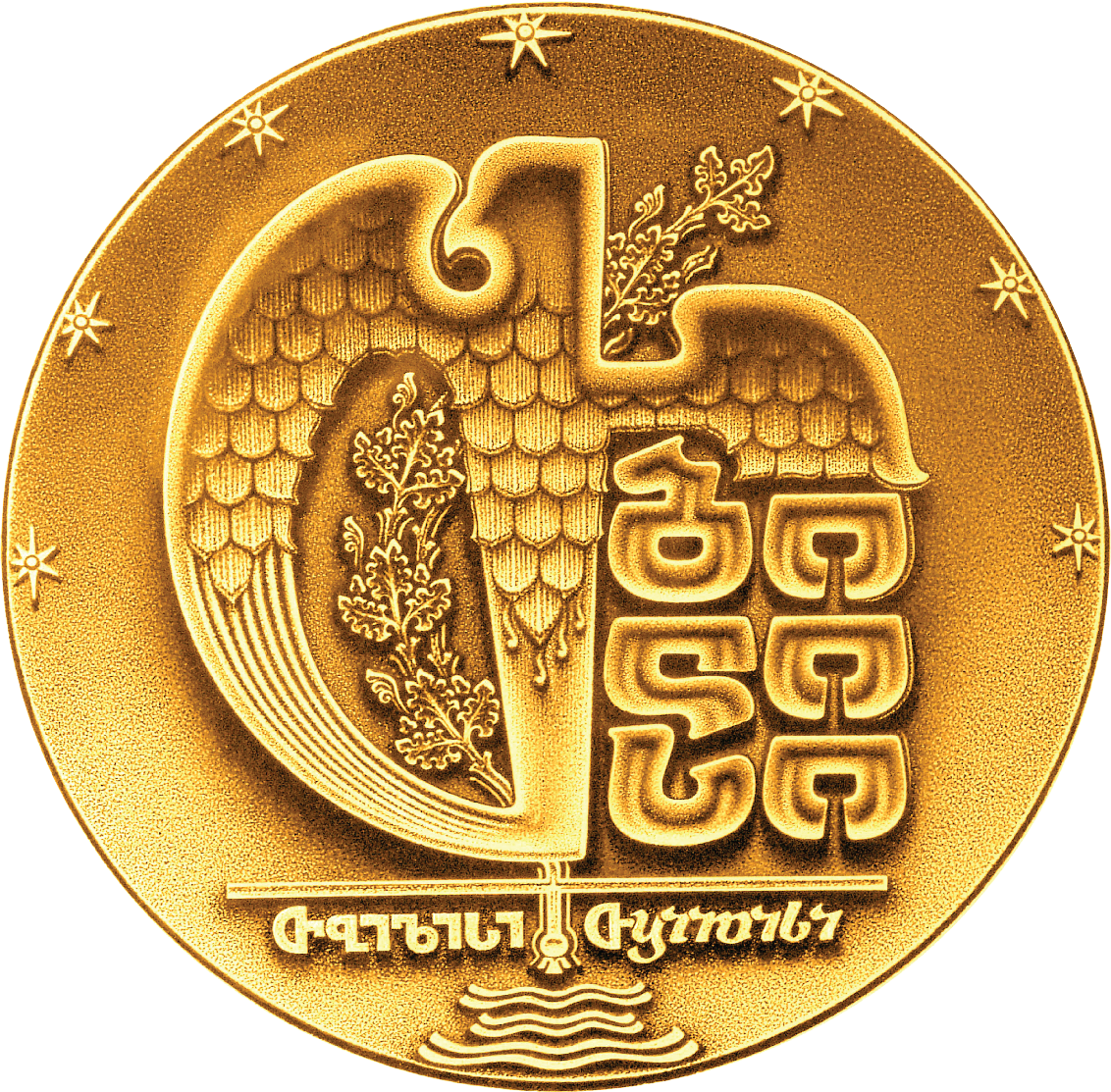

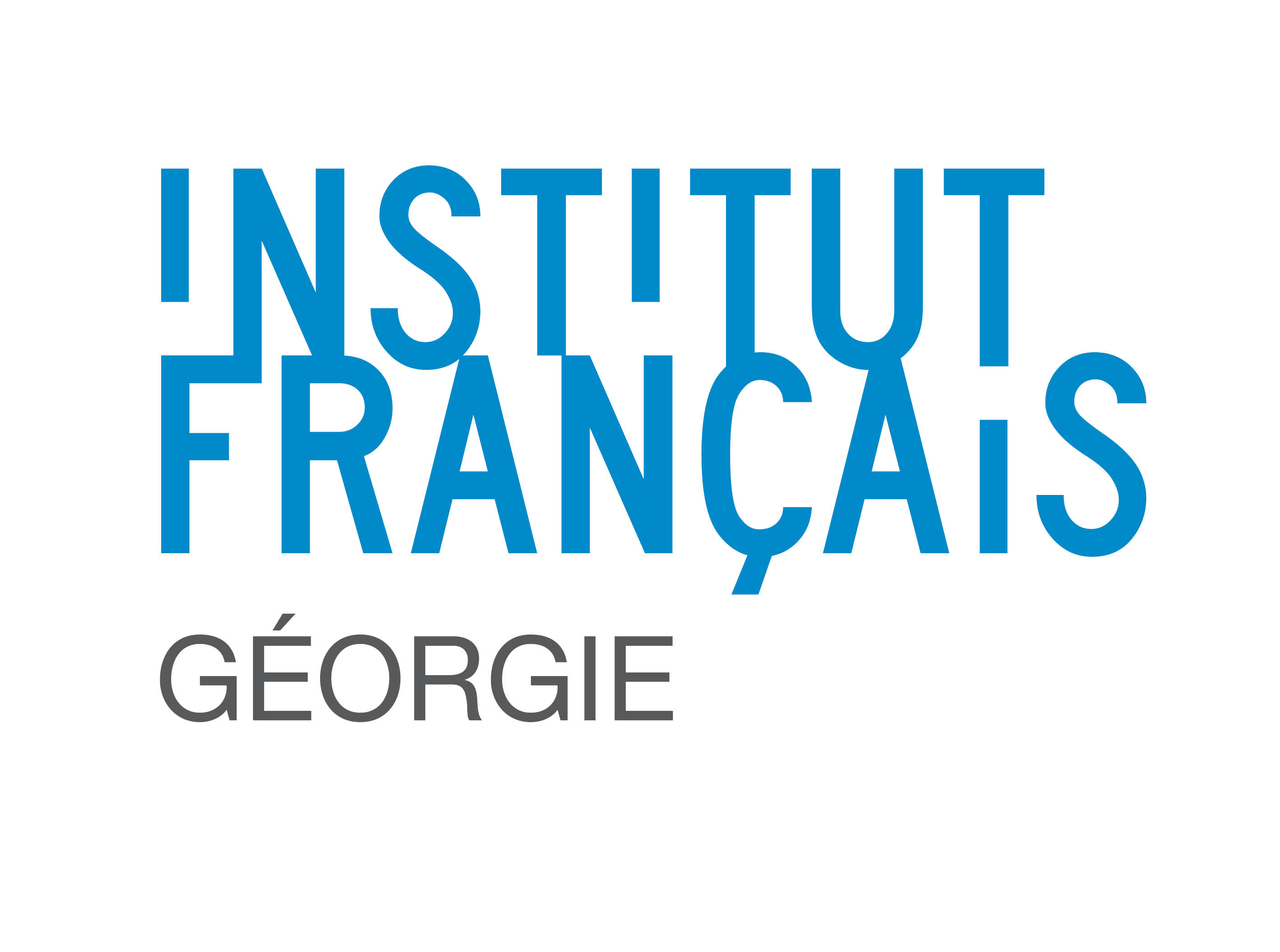


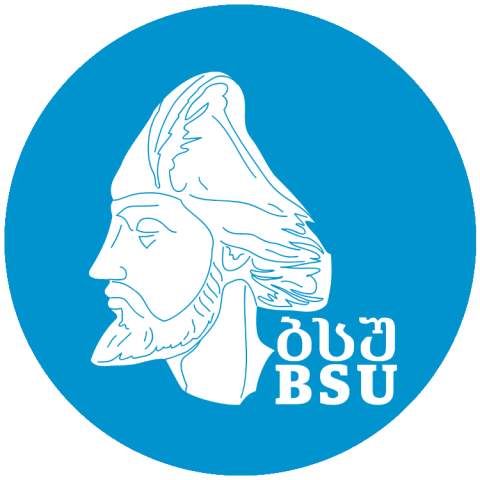

_001.png)

